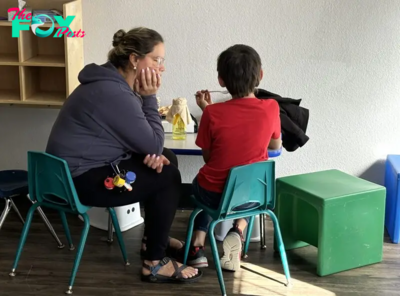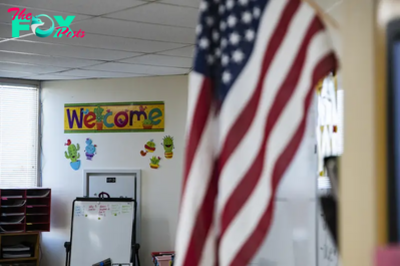Education
Good feedback is an art – here’s how I teach it

Uncommon Courses is an occasional series from The Conversation U.S. highlighting unconventional approaches to teaching.
Title of Course:
“Feedback Loops: How to Give and Receive High-Quality Feedback”
What prompted the idea for this course?
Given that my students pursue careers in an incredibly wide range of fields – Business, philanthropy, Sports, medicine, finance, human rights, Education – I wanted to teach them skills that could serve a general purpose. Being able to give and receive high-quality feedback will help them and the people they work with wherever they end up.
What does the course explore?
We learn how to solicit and deliver feedback. But we also learn how to interpret feedback, particularly when receiving it from multiple sources.
We also experiment with a wide range of feedback frameworks. A few frameworks come from external sources, such as “Radical Candor” by corporate management coach Kim Scott and “Thanks for the Feedback” by Douglas Stone and Sheila Heen of Harvard University’s Negotiation Project. The rest of the frameworks are the product of collaborations with students, lawyers, doctors, consultants and entrepreneurs. These include strategies for how to give your boss feedback, how to receive feedback from a peer and how to process feedback even when it isn’t clear or consistent.
Explain the idea of a framework for feedback
Stone and Heen write about three:
- Appreciation: applauding someone’s effort and performance
- Coaching: showing someone a better way to do something
- Evaluation: telling someone where they stand
The optimal mix varies by person and situation, so we discuss different scenarios when one piece or another should be emphasized. Beginners or someone who is discouraged may need more appreciation, but a more advanced person may crave “coaching” and “evaluation.” That is, a pro baseball player may want tips on improving their swing.
What are some critical lessons from the course?
Just because you are ready to give someone feedback doesn’t mean they are ready to receive it. The comedian Craig Ferguson has said it took him two failed marriages to learn that lesson. He now asks himself three questions before volunteering his thoughts:
- Does this need to be said?
- Does this need to be said by me?
- Does this need to be said by me right now?
Another key idea comes from cognitive psychologist LeeAnn Renninger who explained in a TED Talk the importance of timing. Rather than blindsiding people with criticism, she suggests offering them some control over the delivery. Start by saying something like, “Do you have time to talk about how that last presentation went?”
Consent and autonomy can be critical feedback ingredients.
What materials does the course feature?
Last year, I put the main concepts and exercises from the course into a book called “Feedback Loops: How to Give and Receive High-Quality Feedback” that people can read or download for free. I also use videos, quizzes and assignments from an online course for which the book is a companion text.
What will the course prepare students to do?
Many students say the course helped them become better editors. Others have said it has helped them become better listeners and leaders. Perhaps the biggest benefit, however, is that they develop a set of tools and a conceptual vocabulary that helps them become better at getting better. They learn how to improve the way they – and others – improve.
-

 Education2d ago
Education2d agoAmendment 80 would give Colorado parents the right to direct their kid’s education. What does that mean for schools?
-

 Education6d ago
Education6d agoAfter years of closures, four new specialized schools open for Colorado’s “most vulnerable” students
-

 Education1w ago
Education1w agoState Board of Education race could have a big impact on the future of charter schools in Colorado
-

 Education2w ago
Education2w agoThese high school ‘classics’ have been taught for generations – could they be on their way out?
-

 Education2w ago
Education2w agoAccused Buffalo mass shooter had threatened a shooting while in high school. Could more have been done to avert the tragedy?
-

 Education2w ago
Education2w agoChildren are bombarded with violence in the news – here’s how to help them cope
-

 Education2w ago
Education2w agoPandemic presents an opportunity for small liberal arts colleges to change
-

 Education2w ago
Education2w agoBlack Americans homeschool for different reasons than whites





















